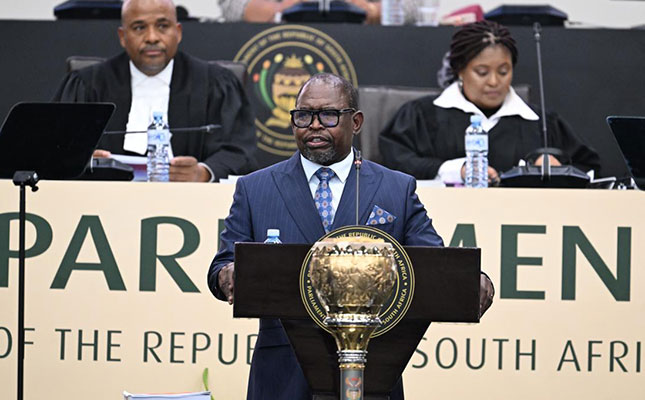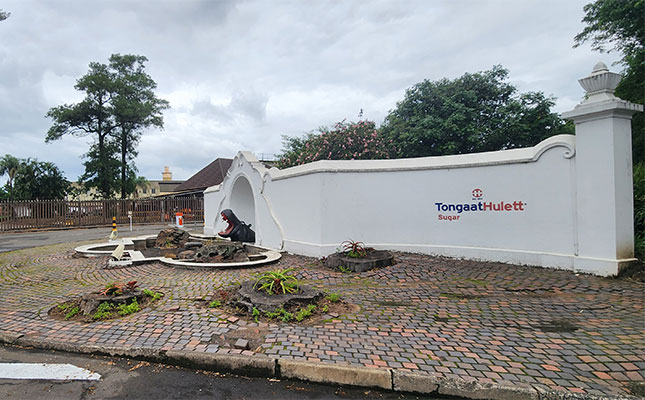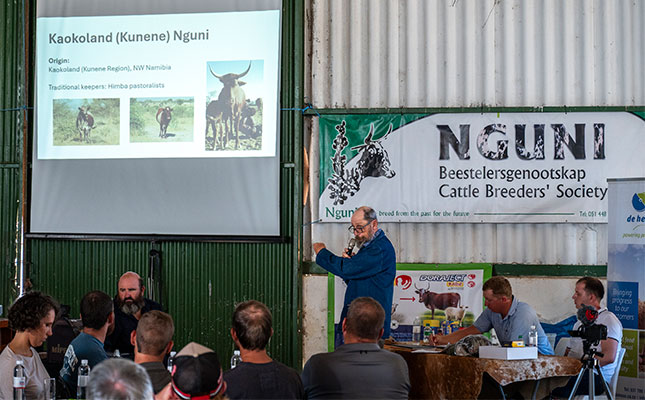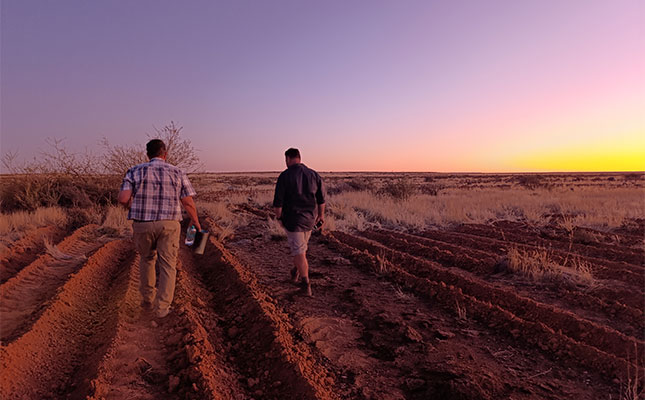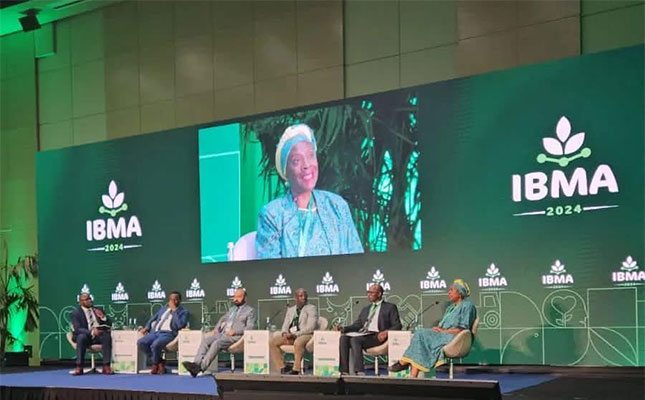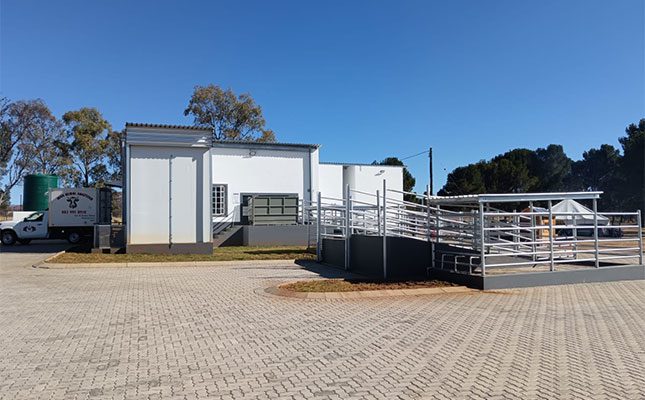
The move is set to bolster agro-processing, create jobs, and stimulate economic activity in the surrounding rural farming communities.
“This is exactly the kind of empowerment I always advocate for supporting individuals and families who have shown capacity, resilience, and fortitude. This handover is not just symbolic; it affirms [the Department of Agriculture’s] belief in this business’s potential to grow, sustain itself, and contribute meaningfully to the local economy,” Kontsiwe told Farmer’s Weekly.
She added that the abattoir, called Man Rural Abattoir, was capable of processing 72 sheep and 12 to 15 cattle per day. It was designed to support local farmers while enabling Man Buy & Braai – a family-run business since 1997 – to meet growing consumer demand.
It also allowed for future expansion, a necessity in a province where rural producers struggled to access formal markets.
According to Kontsiwe, Sterkstroom, though rich in agricultural activity, suffered from high unemployment and poverty. Once fully operational, the newly handed-over facility would directly employ 13 people, with additional downstream employment opportunities through Man Buy & Braai outlets and informal trade like meat hawking.
She added that the facility was a strategic piece in the province’s broader fight against food insecurity.
“We are facing a national crisis. The [National Food and Nutrition Security Survey] shows that 20% of households in our province are severely food insecure, despite 67% of them having access to land, as only 37% of that land is productively used,” she explained.
Local farmer Phandelani Mazwayi, who attended the event, said the abattoir marked a turning point for the district’s producers.
“This is a once-in-a-lifetime opportunity. We’re now able to cut transport costs by selling [livestock] nearby instead of [having to take the animals] to Queenstown or East London. With this abattoir, we’ll be able to see profit margins improve and meet local demand, which allows us to reinvest and grow.
“[Sterkstroom] is surrounded by farms, and most jobs are agriculture-based. So, initiatives like this empower not just the abattoir but the local people and farmers, too. It’s a very big step forward,” he said.
Kontsiwe concluded that, as government ramped up its Eastern Cape Food and Nutrition Security Plan, the Sterkstroom abattoir would serve as a model for inclusive rural development by linking smallholder farmers to formal markets, reducing food costs, and increasing access to local protein sources.

